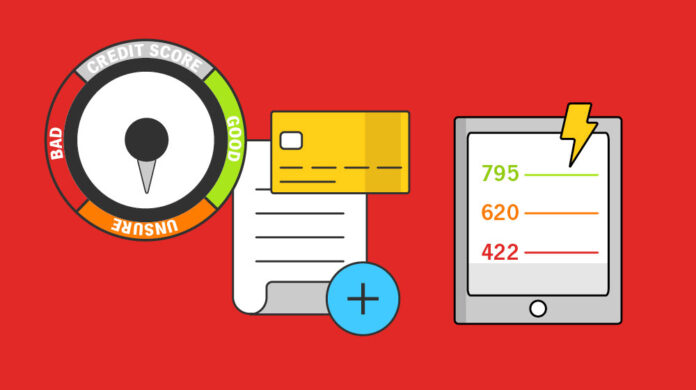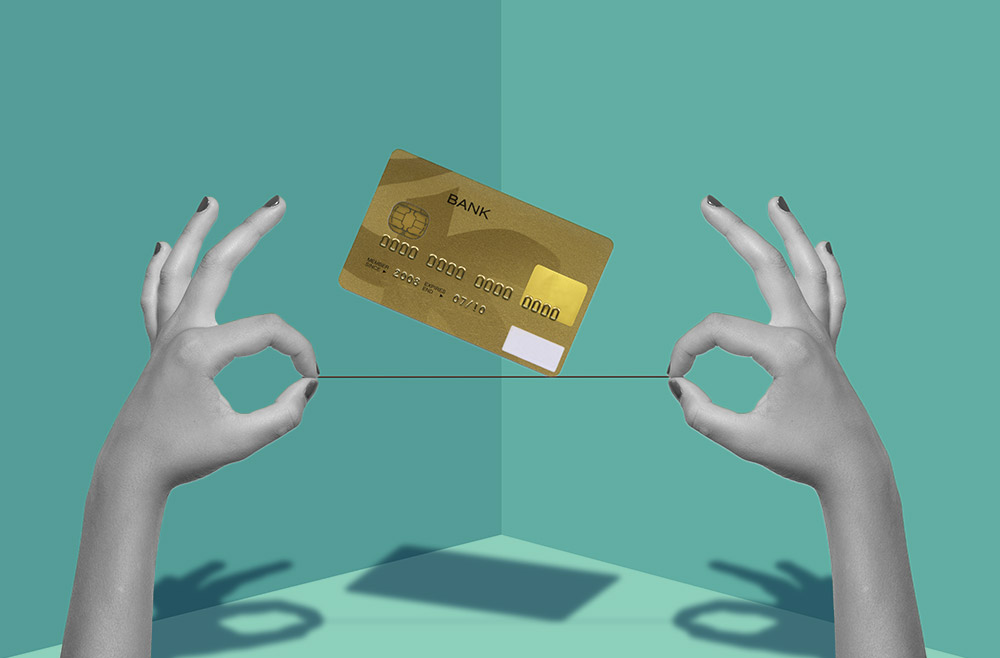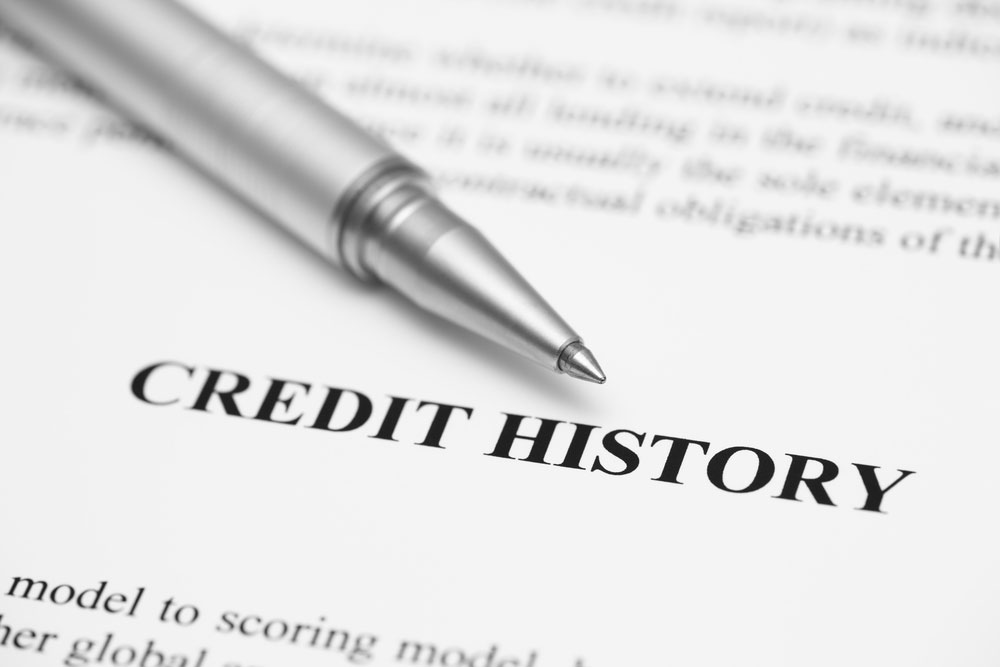
Your financial life gets real when you’re an adult. In order to do the things you want in life, you need a credit history.
For example, you need credit to make big purchases, like taking out a home loan or purchasing a car. Not having credit at all is a huge roadblock, but how do you start building a credit history? Here are five tips that will help you get started:
Table of Contents
1. Know Your Credit Types

The first thing you need to do is understand the different types of credit. Credit cards offered by Visa, Mastercard, and American Express are often the first type of credit consumers receive.
It can be challenging to qualify for cards with good deals and useful perks, especially for credit newbies. Plus introductory credit cards often have high interest rates and other fees.
One option for those with no credit history is a secured credit card. According to Chime, their credit builder cards can help increase credit scores by an average of 30 points.
Consumers pay a deposit when opening a secured card, and their limit is the amount of the deposit paid. These cards are specifically designed for individuals building their credit and people rebuilding a better credit history.
Retail cards are a close cousin to traditional credit cards. However, they are sponsored by specific stores and can only be used at that retailer.
Another common type of credit is the installment loan. The best example here is a car loan. A buyer will make monthly payments over a set term, like 48 months. The loan is paid off at the end of that time, and the person owns the car.
The most significant type of credit many people will ever have is a home mortgage. Generally, people need a minimum credit score of 620 to buy a home. However, some programs will help people with lower credit, too.
2. Improve Your Payment History

Once you have that first credit card, it’s essential that you make your minimum monthly payments on time. Lenders report late payments to the credit bureaus after they are 30 days late. These late payments will impact your score, but the negative impact increases if you are 60 or 90 days late.
Late payments continue to show in your credit history for seven years after being reported. The more recent the late payment, the more significant impact it will have on your credit score.
Lenders also consider the frequency of late payments when determining credit worthiness. Missing an occasional payment five years ago will not have as much impact as having multiple late payments in the last year.
Payment history makes up 35% percent of your total credit score. Therefore, it has the largest impact on the factors lenders consider. Patterns of late payments indicate to lenders that you may not be financially stable. On the other hand, making your payments on time gives lenders confidence that you’ve mastered your finances and are trustworthy.
The best option is to pay off your credit cards in full each month. But if you can’t, at least make the minimum payment on time.
3. Monitor Your Credit Ratio

The third action that can help you build credit is not using too much of it at once.
Lenders look at how much credit they have extended versus how much you are using. This is also called your credit ratio. As a general rule, your credit ratio should be less than 30% of your available credit.
In other words, the credit ratio accounts for 30% of your FICO score. For example, let’s say you have a Visa with a $10,000 limit. Ideally, you would want your balance to remain below $3,000.
Your credit ratio is based on the sum of all your cards. So, a person with five cards might have a total credit limit of $50,000.
To keep their credit ratio below 30%, a person’s total debt should be less than $15,000. Keep your total credit availability in mind as you figure your ideal credit ratio amount.
4. Increase the Length of Your Credit History

The fourth action you can take is to build the length of your credit history. Once you have an open card, don’t close it, even if you rarely use it.
You don’t have to maintain a balance on your cards. But depending on the lender, you may need to use the card occasionally to keep it open. You can pay it off in full until you need it again later.
Credit reporting agencies (Experian, TransUnion, and Equifax) determine the average age of your open credit. Longer credit histories show trustworthiness. Shorter credit histories aren’t necessarily a negative — they just lack the credibility of age.
To keep your average credit age higher, you should also avoid opening too many new accounts quickly. Opening new accounts effectively lowers the average credit age, which can hurt this part of your score.
5. Rein in New Credit Inquiries

Speaking of opening new accounts, you may hear references to “soft” versus “hard” credit inquiries. This refers to whether or not a check on your credit shows on your credit report.
Soft inquiries don’t show in your credit report. If a lender runs this type of check, it’s probably for a pre-approval. So a reported check may show up later in the lending process. Checking your own score is a soft inquiry.
Inquiries like these don’t affect your credit score. However, hard inquiries do. For example, if you want to buy a couch and request store financing, it will show on your credit report. Hard inquiries show on your report for two years but only factor into your credit score for 12 months.
Opening too many lines of credit quickly indicates a person may be in financial trouble and overextending their ability to repay. Having one or two inquiries is not a bad thing, though. And when you’re first building credit, it’s unavoidable. However, as you start building your history, it’s important to limit the frequency you request new lines of credit.
Following these practices will help you quickly establish a strong credit score so you can make the big purchases you want. In addition, maintaining these practices will help you keep your score strong throughout your life.







